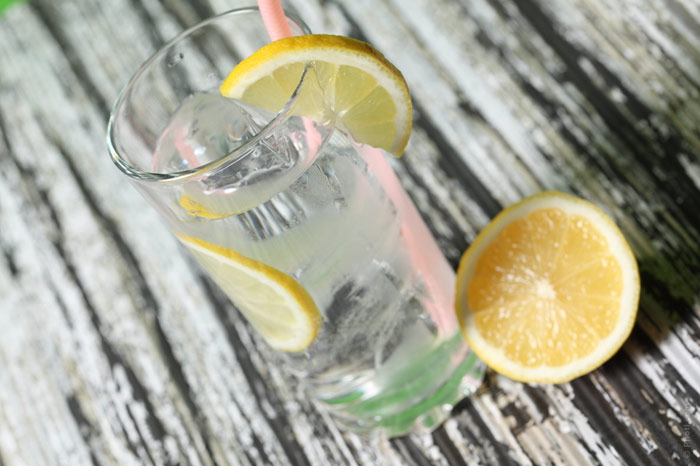
Experts have come to a paradoxical conclusion that popular energy drinks, in fact, make us more tired because of iron deficiency caused by energy drinks.
According to The Health Food Manufacturers’ Association (HFMA), caffeine, which is part of energy drinks, is able to inhibit the absorption of minerals, including iron, by the body. Iron deficiency is the most common eating disorder in Britain, and 40% of girls between 11 and 24 get less iron than they need.
Approximately 18% of women suffer iron deficiency due to blood loss caused by menstruation. According to another study, 10% of British teenagers drink at least 5 cans of caffeinated energy drinks every week. The classic symptoms of iron deficiency include fatigue, poor concentration, poor appetite, pale skin, circles under the eyes. The recommended daily intake of iron is 14.8 mg for women, and 8.7 mg for men.
However, excessive amounts of caffeine are not the only problem of energy drinks. They contain high levels of sugar (about 52 g), which considerably exceeds the maximum daily dose recommended by the WHO. Scientists from the University of Bonn recently discovered that energy drinks affect the heart, which significantly increases the risk of fatal heart arrhythmias and even strokes.
Experts from the University of Michigan found out that the teenagers who actively consume energy drinks are significantly more likely to abuse alcohol, take drugs and smoke. Mixing energy drinks and alcohol increases the risk of alcohol poisoning.






